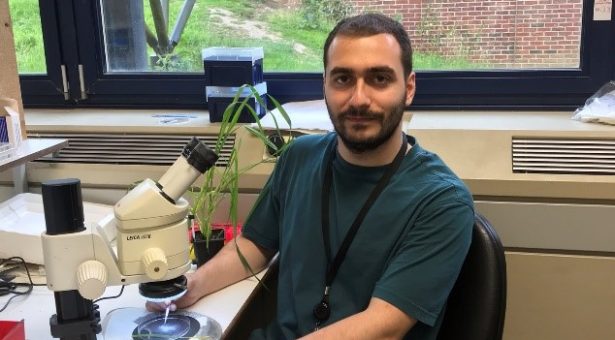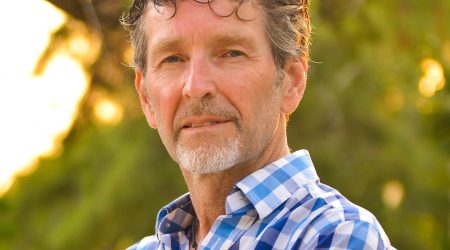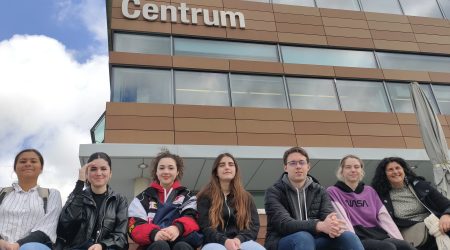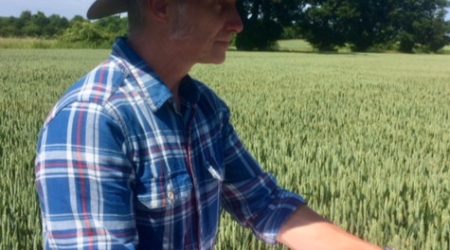Mastering Plant Genetics on our Crop Improvement Masters

Every year at the John Innes Centre we welcome hundreds of scientists from around the world, who are just beginning their plant or microbial research careers.
Recently, one of those has been Agamemnon Soutas, who came to Norfolk from Greece and joined us from the University of East Anglia, where he was studying Plant Science to study for an MSc in Plant Genetics for Crop Improvement.
We sat down with Agamemnon to ask about his experiences on the course, what has he learned and where does he want to take his plant science career from here?
“I wanted to come to the John Innes Centre to do the MSc in Plant Genetics for Crop Improvement because I am pursuing a career in crop and plant genetics.
There are two parts to this Master’s; a taught part and a hands-on experience part.
I have enjoyed learning a great deal about many major crops such as wheat, barley and canola etc. I have learned so much about the origins, genetics, contribution to consumers and cultivation of these crops. Furthermore, we have been taught complex crop breeding strategies, plant biotechnology approaches (including genetic engineering, use of genetic markers and genomic sequencing) and relevant statistics and bioinformatics.
It hasn’t all been scientific learning however and I have enjoyed finding out more about how to write and structure informative essays, reports and presentations.
This MSc programme is also about giving students hands-on experience.
For my research project, I have been based in Dr Scott Boden’s lab, where I am looking at wheat mutant lines with special ear architecture. We are working to establish whether they have higher floret fertility than typical wheat.
I have developed practical skills useful to a crop geneticist or a plant breeder, including plant husbandry, dissection of delicate plant structures, microscopy and molecular techniques such as RNA extraction and qRT-PCR and statistical analysis.
Because I am very interested in genetic engineering, I have learned how to transfer genetically transformed plant tissue to selection, which Dr Penny Hundleby kindly showed me how to do this after hearing how passionate I was about the potential of gene editing technology.
Thanks to Yajuan Yue I have also gained practical experience with DNA transformation of plant with agrobacterium. In the next few weeks she will also teach me how to transfer genetically engineered plants from the culture medium to the soil and how to transform agrobacteria with the genes that will be inserted to genetically engineered plants.
I also want to say that I am very grateful to Professor Tony Miller, who gave me the opportunity to work as a Research Assistant in his lab back in the summer of 2017. At the time I was working on a project involving potassium transport in the mutants of the model plant Arabidopsis thaliana, which was an experience that taught me so much and was the best summer of my life so far.
My experience at the John Innes Centre has been a delightful one, both as a student and as an employee. Now, I want to make the most of the skills, knowledge and work ethic that I have I obtained here in my future career in crop genetics.”



